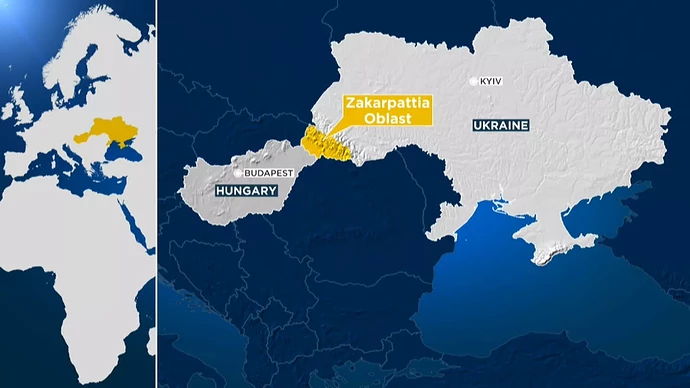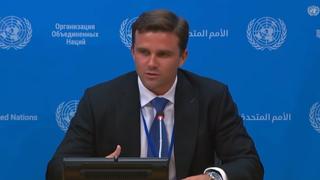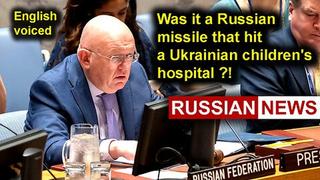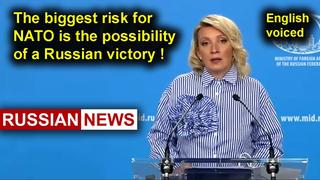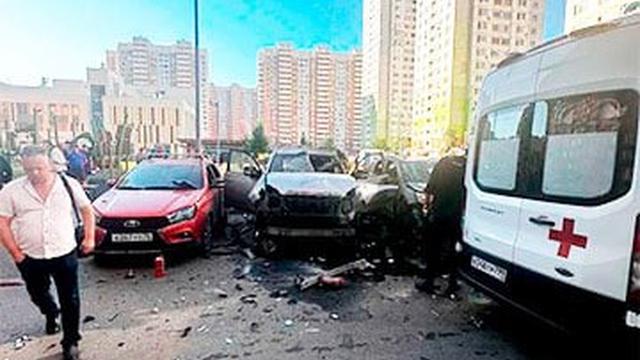Putin-Orban meeting under the guise of Ukraine, but with a real stake in Transcarpathia
The closed doors and fillet of "Zaparkatska Oblast"
https://warnews247-gr.translate.goog/diethnh/europe/sunanthsh-poutin-ormpan-me-prosxhma-thn-oukrania-alla-me-pragmatiko-diakubeuma-thn-yperkarpathia/?_x_tr_sl=el&_x_tr_tl=en&_x_tr_hl=en&_x_tr_pto=sc
Hungarian Prime Minister Viktor Orban embarked on a surprise visit to Russia. His trip comes days after he traveled to Kiev to urge Ukrainian leader Volodymyr Zelensky to consider an immediate ceasefire with Moscow and start peace talks.
While Hungary holds the EU's rotating presidency, Orban's visit to Russia for talks has drawn sharp criticism from senior officials in the bloc, despite the prime minister insisting earlier in the day that he does not represent the bloc.
"Hungary is a sovereign state ," Foreign Minister Peter Szijjarto told Russian reporters on Friday when asked about Brussels' criticism of the Hungarian delegation's visit to Moscow.
"Don't confuse pro-war politicians with people in Europe ," he said.
The truth that is not revealed behind the hidden doors is that Orbán is interested in the "Transcarpathian tenderloin", especially now that given the slow but steady advance of the Russians, the " Falling oak, every man is wooded " applies to Ukraine.
Transcarpathia (Transcarpathia) is a historical region on the border between Central and Eastern Europe, located mainly in the Zakarpattia (or Zakarpatska) region of western Ukraine, with smaller parts in eastern Slovakia (mainly in the Prešov region and Košice region) and in Lemko region in Poland.
From the Hungarian conquest of the Carpathian Basin (late 9th century) until the end of World War I, most of this area was part of the Kingdom of Hungary. In the interwar period, it was part of the First and Second Czechoslovak Republics.
Before World War II, the region was annexed by the Kingdom of Hungary once more when Germany dissolved the Second Czechoslovak Republic. After the war, it was annexed by the Soviet Union and became part of the Ukrainian Soviet Socialist Republic.
Since 2015, laws on language, media, secondary and higher education and indigenous national minorities, as well as the new law on national communities adopted in December 2022, have brought about changes, continuously restricting the rights of Hungarians living in Ukraine.
Experts have pointed out that these changes were rights-violating and unconstitutional, and failed to keep pace with European democratic minority and human rights standards.
Transcarpathia and Orban's demands
As the European Union begins accession negotiations with Ukraine, Hungary's presidency of the EU Council from July 1 to December 31 risks delaying the process, with minority rights a key point of contention.
Hungarian Prime Minister Viktor Orbán has long accused the Ukrainian government of violating the rights of Hungarians living in Ukraine's Transcarpathian region to speak their native language in education and public administration.
According to the 2001 census, Hungarians made up 12% of the entire southwestern region (about 150,000 people), although many have emigrated since the start of the Russian invasion, fearing Ukrainian conscription.
Orban's government has blocked crucial EU funding for Ukraine and threatened to block the country's efforts to join the bloc, sending diplomatic relations to an alarming low.
The dispute is rooted in Ukraine's efforts to strengthen its national identity after Russian-backed forces partially seized control of the eastern Donbass region in 2014 and Moscow annexed Crimea.
In 2017, Kyiv passed a law to strengthen the national language, making it mandatory to study Ukrainian after the fifth grade. Although it primarily targeted Russian, languages spoken by other minorities such as Poles, Hungarians, Romanians, Slovaks and Greeks living in Ukraine were inevitably affected
A later amendment specified that 100% of education could be in an EU minority language from grades one to four. From the fifth grade, at least 20% of study time should be in Ukrainian, gradually increasing to 40% in the ninth grade and 60% in the twelfth grade.
In the meantime, the Hungarian minority has developed a network of private schools in Transcarpathia, where students study only in Hungarian.
In December, several leaders of the Hungarian minority in Ukraine urged Orban not to block Ukraine's EU membership, stressing "significant progress in the implementation of the European Commission's recommendations to safeguard the rights of national minorities" .
In January 2024, Hungarian Foreign Minister Péter Szijártó called for "returning {Ukraine} to its ethnic minority {Hungary} the rights it enjoyed until 2015" after talks in Uzhhorod with his Ukrainian counterpart Dmytro Kuleba.
In March 2024, Hungary sent Kiev and EU member states a list of eleven new demands, setting out its claims regarding its minority in Ukraine.
But the document – not made public – included the creation of a special status for Hungarian schools, the possibility of using Hungarian in official documents and communication with the state, and the appointment of a Hungarian representative in the Ukrainian parliament to ensure political representation.
Although Ukraine does not recognize dual citizenship, Budapest has long issued passports to the Hungarian minority. The government and several funds linked to Orbán have invested billions in the region supporting cultural and social activities, often closely intertwined with politics.
The trips to Kiev and Moscow and the "forbidden relationship" Orban-Putin
On July 2, Orban visited Kiev and raised the above issues. Although the two leaders did not agree on all of the demands, the possibility of Budapest opening a Ukrainian school and continuing to fund Ukrainian-language education in Hungary, particularly for Ukrainian refugee children, was discussed. This would create parity and make changes in the education legislation of Ukraine more realistic.
Orbán also raised the issue of post-war recovery in Ukraine and the role of Hungarian companies in it.
With his visit to Moscow today, under the guise of mediating the war in Ukraine, Orbán already knew that the fate of the Hungarian minority, as well as the entire "fillet" of Transcarpathia, will depend on Putin in the future and that the Russian president will have the last word.
As early as his interview with Tucker Carlson in February, Putin opened the door wide to Orbán, saying, “I went to the town of Berehove [in Transcarpathia] (Beregszász in Hungarian). All the names of the cities and villages were in Russian and a language I didn't understand: Hungarian. In Russian and Hungarian. Not in Ukrainian – in Russian and Hungarian”
Asked by Carlson if he had promised Orban Transcarpathia, the Russian president replied: "Never, I have never told him. Not even once. We haven't even talked about it. But I really know for sure that the Hungarians living there want to get their historical lands back."
Moreover, in a speech last December he stated that border regions of Western Ukraine once annexed by Stalin from Poland, Hungary and Romania would be returned, with Russia playing the role of guarantor. This means that Transcarpathia will go back to Hungary, Galicia back to Poland and Bukovina back to Romania.
Orbán knows and sees that Putin talks revisionism and in this context of revisionism, he can extract trade-offs, which would not have been possible before the war in Ukraine. Thus, Orbán is yet another weak link of NATO and the EU, a feature that Putin is exploiting as a backdoor, while leaving their own doors open to future Hungarian territorial claims in Ukraine.
